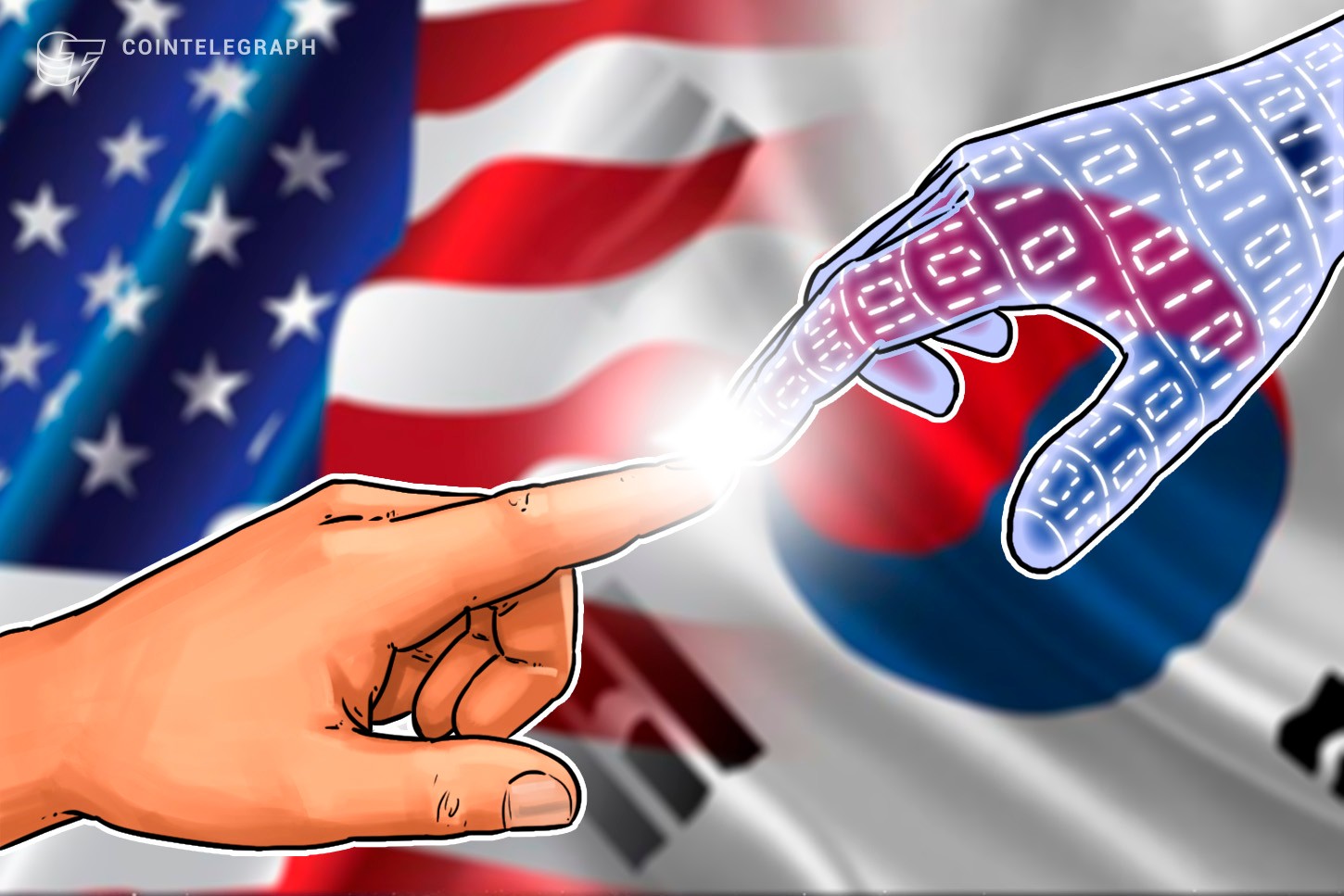The US State Department and South Korea’s Ministry of Science and Technology (MSIT) have resolved to strengthen the two countries’ cooperation in advancing the Fourth Industrial Revolution, at a press conference held in Seoul today, June 22.
The so-called Fourth Industrial Revolution has been characterized by the World Economic Forum (WEF) as a series of technological breakthroughs that “will fundamentally alter the way we live, work and relate to one another… [across] the global polity, from the public and private sectors to academia and civil society.” The WEF recognized blockchain’s major role in the Fourth Industrial Revolution as early as 2016.
Today’s press conference in Seoul revealed that the US and South Korea plan to coordinate their information and communication technology (ICT) policy, as well as resolving to “strengthen [their] bilateral cooperation on cybersecurity and privacy,” with both countries recognizing that “data is a key resource” in the Fourth Industrial era.
The two governments today said they would work together alongside international organizations such as the International Telecommunication Union (ITU) and the Organization for Economic Cooperation and Development (OECD) to work towards “more transparent and open global internet governance” - for which blockchain’s central offering of a tamper-proof ledger is a cornerstone innovation.
Notably, the two countries revealed plans to to enlist Korean electronics giant Samsung and
US-based Microsoft - both of which have heavily invested in the development of their own blockchain platforms - to advise on ways in which new technologies can contribute to the people and economies of both countries.
In April, Samsung said it views blockchain as the “core platform to fuel [its] digital transformation.” The company has already partnered on a pioneering agreement with the South Korean government for the creation of a blockchain platform for “welfare, public safety and transportation” by 2022.
Today’s press conference also focused on the two countries’ international organization cooperation, revitalizing the digital economy, cross-border data exchange, 5G mobile communications and artificial intelligence (AI), the latter of which is increasingly being successfully tested in conjunction with blockchain tech to revolutionize areas such as logistics, and even to run blockchain-based smart contracts.


